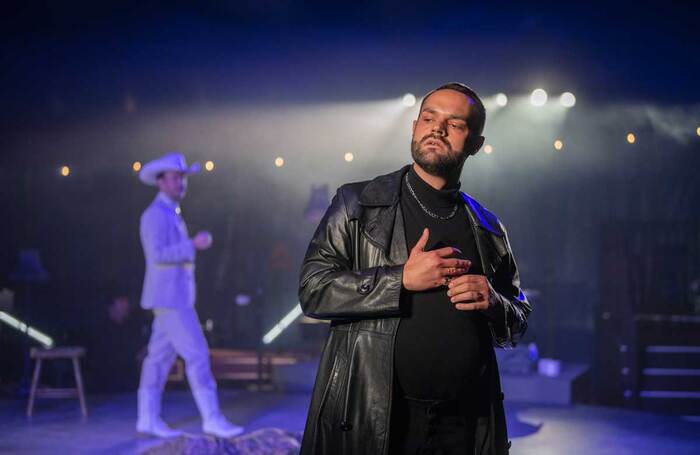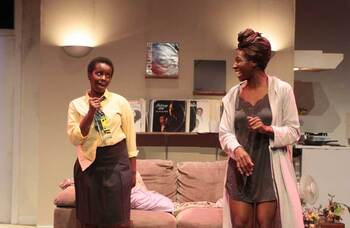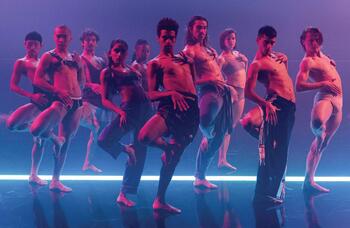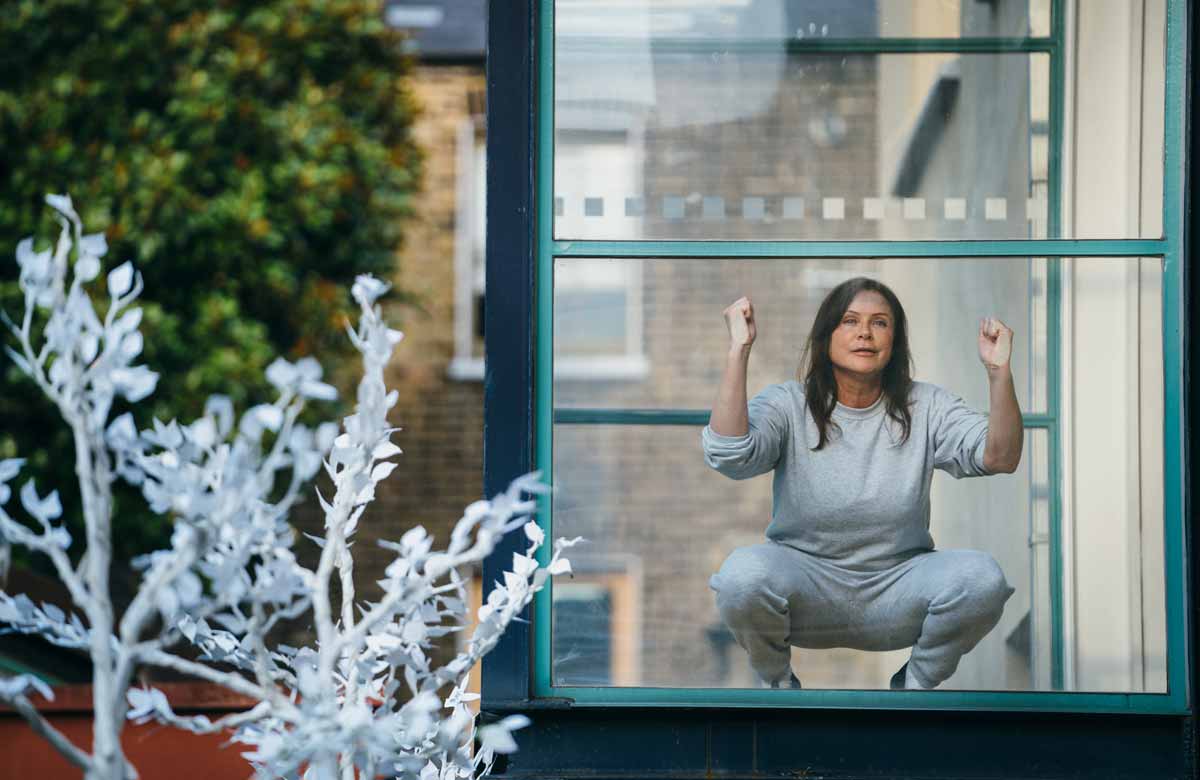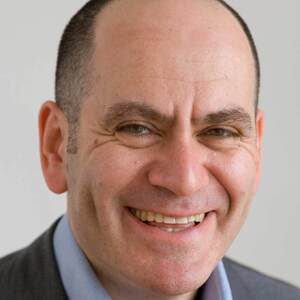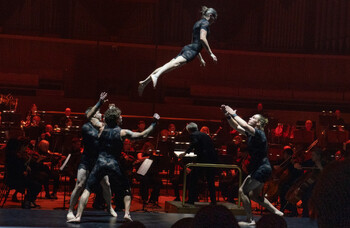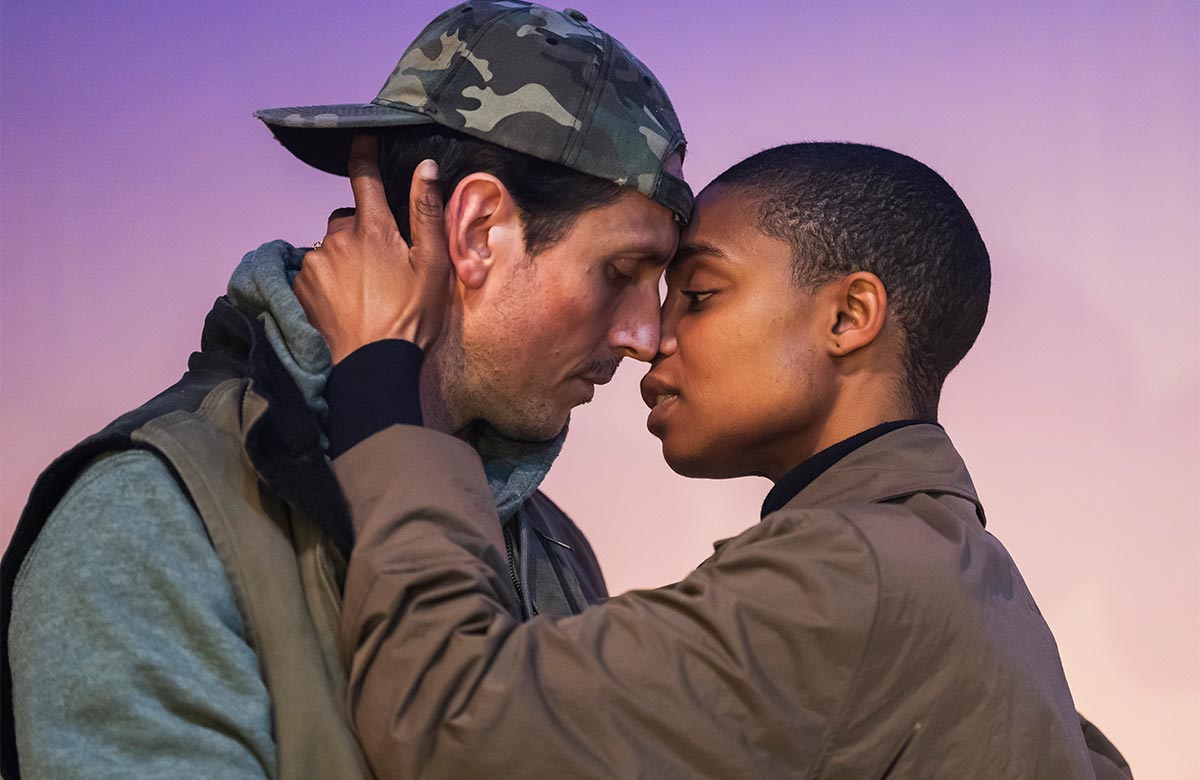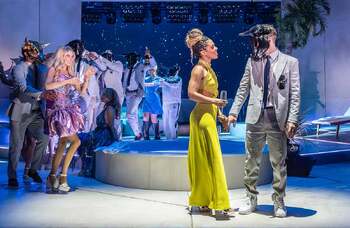The Return of Ulysses
Strongly cast and intensely focused production that reconciles legend and modernity
Staged by Longborough’s artistic director Polly Graham, this production of Monteverdi’s The Return of Ulysses draws strength from its setting in the festival’s temporary big top. In the round, the action emphasises Penelope’s vulnerability as she is staked out by persistent suitors, and the adversarial mood of Act II, when Ulisse (Ulysses) confronts and murders them.
It all takes place somewhere closer to Ithaca, New York than Ithaca in the Ionian Sea. A stars-and-stripes baseball cap features in the opening moments, the suitor Anfinomo (the powerful Benedict Nelson) exudes a distinct Deep South vibe, and there is line dancing at the feast at Penelope’s palace.
The presence of the gods is reduced in this abridged version of the opera, but it does not seem incongruous: Minerva (the lithe-voiced Claire Wild) is a kind of guru and Giove (the incisive Alexander Sprague) is a rhinestone cowboy. By the time the mortal alpha males are competing to string Ulisse’s bow, the tone of the production has become timeless.
Each of the cast’s 12 singers makes a distinctive impact. Tom Randle’s battle-scarred Ulisse bursts with pent-up energy, while Lucia Cervoni’s vulnerable Penelope is richly and pliantly voiced and Andrew Irwin suffers searingly as their son Telemaco. The supposedly comic character of Iro becomes virtuosically manic in Oliver Brignall’s performance. Most imposing in vocal terms is the bass Matthew Buswell as both suitor (Antinoo) and god (Nettuno).
Conducting from the harpsichord, Robert Howarth draws seemingly endless variety from a small instrumental ensemble, reflecting the evolutions of the drama and Monteverdi’s prodigious invention.
More Reviews
More Reviews
Recommended for you
Most Read
Across The Stage this weekYour subscription helps ensure our journalism can continue
Invest in The Stage today with a subscription starting at just £7.99
